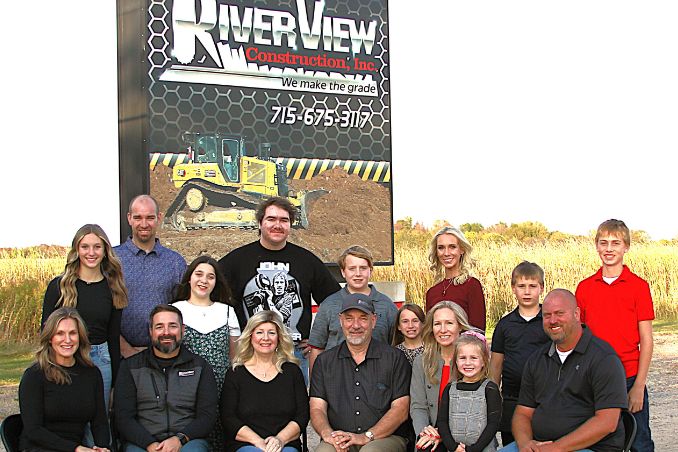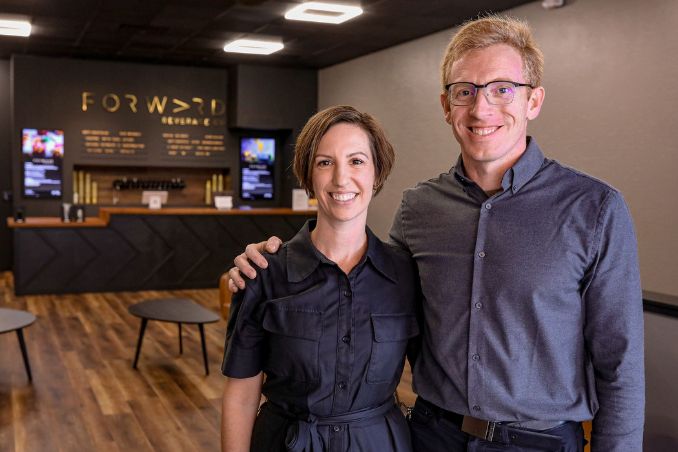
Business Bank Accounts
Designed with your business in mind, these accounts provide the tools you need to run your operations smoothly. Ready to find the right account? Our team is here to help.



Let’s face it—at IncredibleBank, we’re here to live up to our name. That means offering a variety of business loans tailored to your needs.
Whether you need a Business Line of Credit or a Term Loan, we’re here to help. Looking to expand or build? We offer Commercial Construction Loans and Commercial Real Estate Loans.
We also provide financing solutions like Floorplan Lending and Motorcoach Loans, plus government-backed SBA Loans and USDA Loans to keep your growth on track.
Need to fill out a Personal Financial Statement? Download the form here to get started on your application.

Explore our business banking solutions, designed to simplify payments, manage risk, and keep your finances moving.
With Send & Receive Money to streamline payments and collections, Protect Money to safeguard your accounts, and Credit Cards to manage expenses, you’ll have the right tools to keep your business running smoothly.
These solutions also give you access to IB Payroll for payroll and HR, and Positive Pay for enhanced fraud protection.









 Erik Thompson
Erik Thompson Travis Turnquist
Travis Turnquist
A member of our team will contact you within one business day.